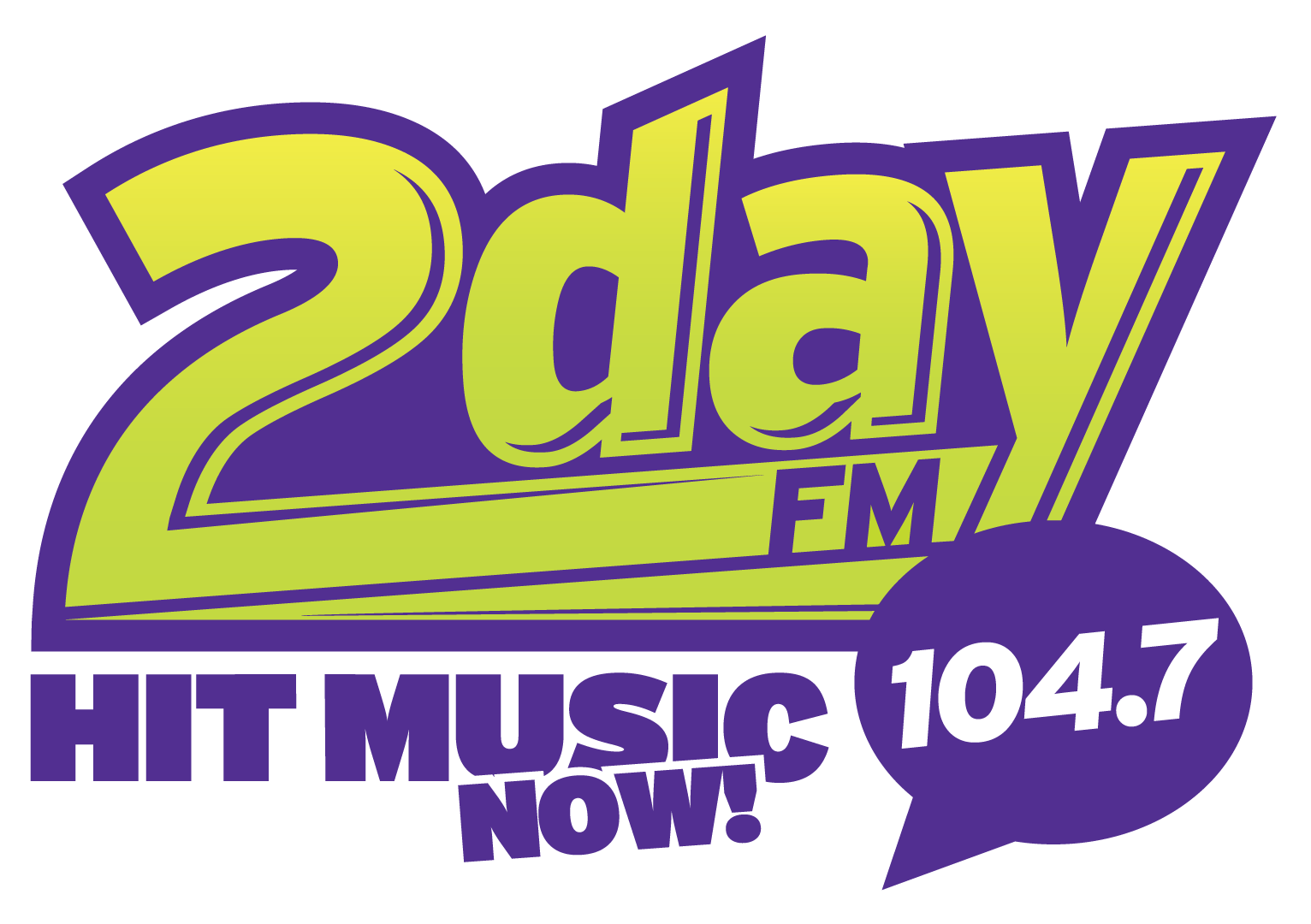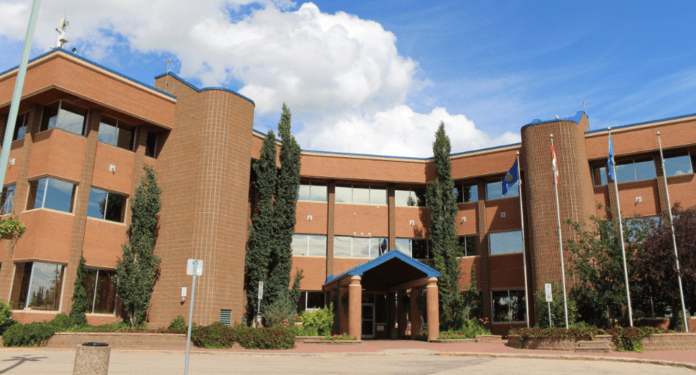Grande Prairie property owners are looking at a 4.75 per cent property tax increase after City Council’s first day of budget deliberations.
Mayor Jackie Clayton explains the potential increase is only to keep city services at the status quo, but as budget talks continue, the Mayor indicates she is hopeful the number will continue to decrease.
“We know that affordability is the number one concern of many people, [and] council is very conscious of the fact of what it costs to live and what residents can afford to pay,” she says. “I think that it’s realistic, over the next day and a half will see a discussion and debate to reduce that 4.75 and there’s various tools to make that happen.”
According to city administrators, Grande Prairie is on the higher end of dependency on taxation when compared to cities like Airdrie at 28 per cent, and St. Albert at 44 per cent, accounting for 53 per cent of its total revenue.
City of Grande Prairie CFO Danielle Whiteway explains that while Grande Prairie depends on taxation for more than half of their revenue, residents typically pay less to use facilities like the Eastlink Centre, when compared to other mid-sized cities.
“We went through a lot of discussion on our programming rates, our fees and charges, and opportunities where we did a jurisdictional scan, we do charge a lot of our users of facilities, for example, less than what they would be charging their users,” she says. “All that goes into play into other revenue sources, and there’s some other municipalities in Alberta that run their own utilities, and those revenues would have been included in there as well.”
During their 2024 Budget Deliberations, council opted to conduct a series of one-time spending options on some services, including the city’s stormwater management delivery model. Whiteway says the decision to include stormwater in taxes, instead of a user-pay model, will result in a funding need this year.
“The impact comes in the year you need to find, so the example of stormwater is you’ve used $100 from your savings account this month to balance your budget, where are you getting that from next month of your savings,” she says. “Year over year, if we use a reserve for a one-time fund, we’ve got to figure out where does that revenue come in next year? Are we using savings again? Are we going to cut services, or make changes? What decision? That’s what council will decide in order to mitigate those impacts.”
Bill 20 served as a topic of discussion among council members numerous times during their day-one talks, especially ahead of the 2025 elections. Mayor Clayton calls the cost of running the election “the single largest impact” following the bill’s coming into authority on October 31st.
“The single largest impact that council is seeing is in regards to what it’s going to cost us to run an election,” she says.
According to the Mayor, the cost of running the election is approximately $200K, which is comparatively on the lower end of what some municipalities are facing ahead of their own elections.
“Unlike other municipalities who have projected significant increases in the operations of an election, ours as a result of contract changes, etcetera, wasn’t as significant as many of the other municipalities,” she says.
Despite the tentative 4.75 per cent increase, several councillors have indicated their intentions to continue working to bring the potential increase down.



